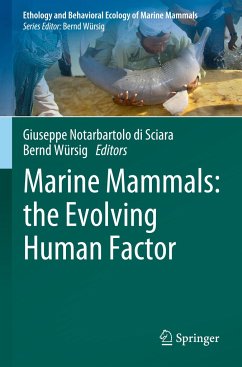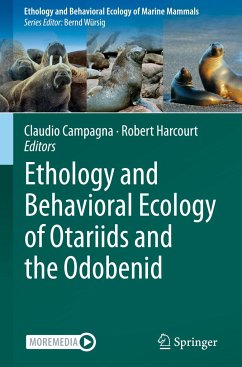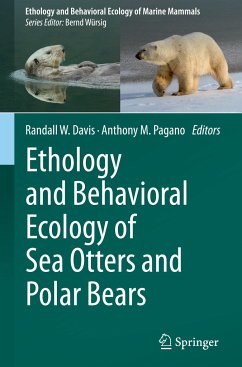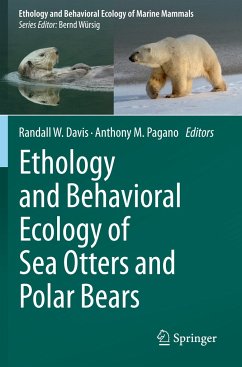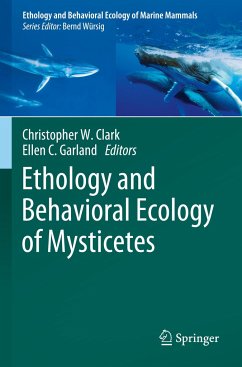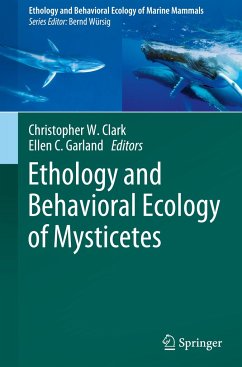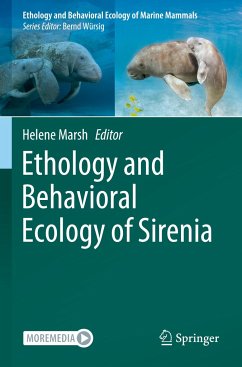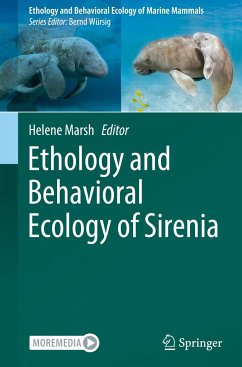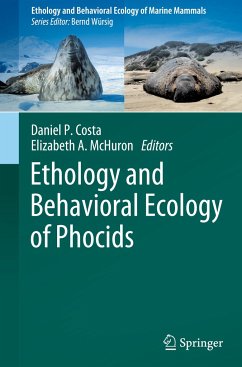
Marine Mammals: the Evolving Human Factor

PAYBACK Punkte
0 °P sammeln!
The seventh volume in the series "Ethology and Behavioral Ecology of Marine Mammals" describes aspects of the often-complex relationship between humans and marine mammals. From a primeval condition of occasional predators, during the last century humans have become a major factor negatively affecting the status of most marine mammals through over-hunting, habitat encroachment and environmental degradation. This has led to the extirpation of many marine mammal populations and even to the extinction of species. However, in parallel to this destructive drive, since antiquity humanity has been inf...
The seventh volume in the series "Ethology and Behavioral Ecology of Marine Mammals" describes aspects of the often-complex relationship between humans and marine mammals. From a primeval condition of occasional predators, during the last century humans have become a major factor negatively affecting the status of most marine mammals through over-hunting, habitat encroachment and environmental degradation. This has led to the extirpation of many marine mammal populations and even to the extinction of species. However, in parallel to this destructive drive, since antiquity humanity has been influenced by a strong fascination for marine mammals, which contributes today to an increased human appreciation of the natural world admixed with widespread concern for its degrading condition. The special status occupied by marine mammals in human imagination and affection stands in stark contrast with the current predicament of many populations still threatened by the doings of Homo sapiens: a condition emblematic of the relationship of humanity with nature, and key to understanding where humanity is heading.





